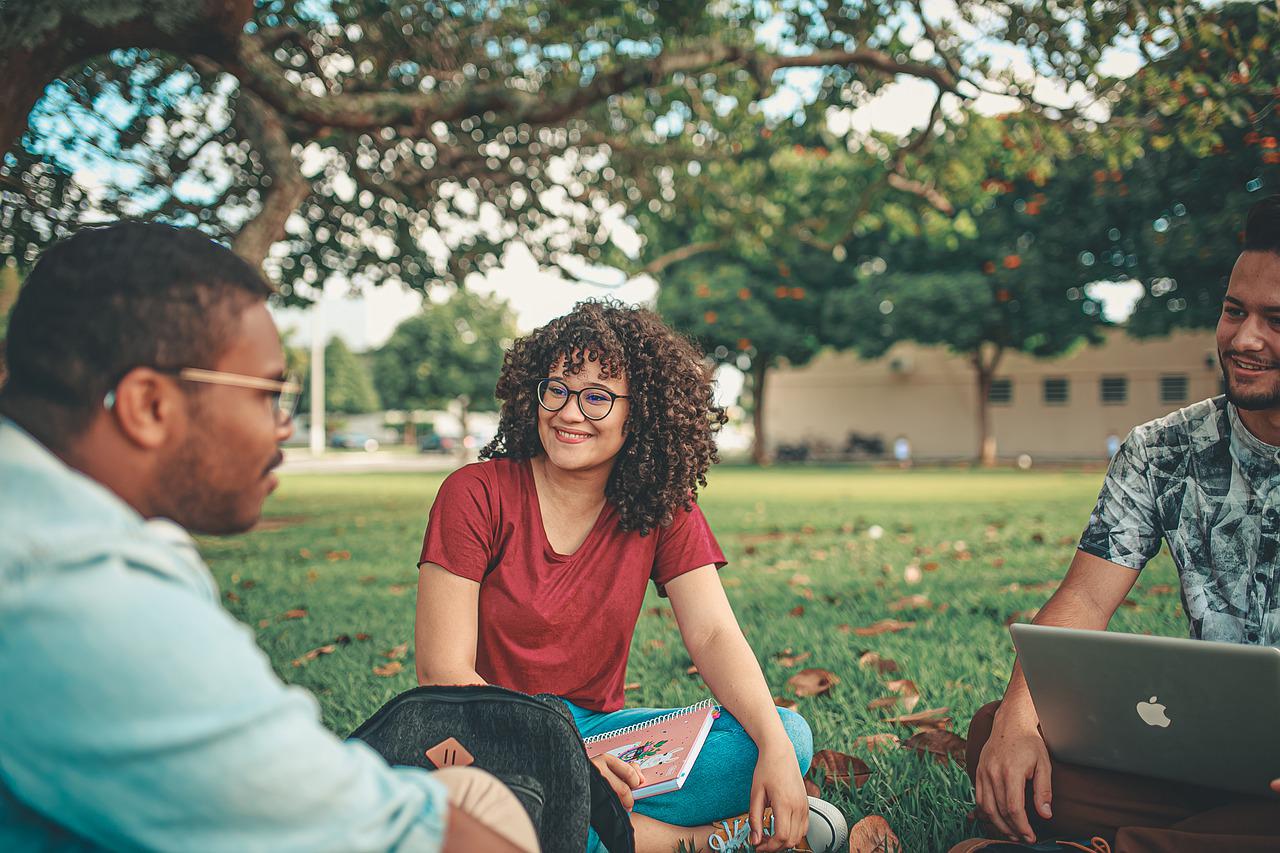Campus Safety Tips For College Students
Being a college student is challenging. Most students are transitioning from a teenager’s carefree life to adulthood, which comes with various responsibilities. They’re required to keep up with demanding schedules, heavy course loads, tuition costs, housing, and basic living expenses. Although parents and college administrators do everything they can to prepare and support students during this time, one area is often overlooked – campus safety.
While colleges and universities are required by law to provide safe premises, the potential for crimes ranging from theft to sexual assault remains. Ultimately, students must take extra precautions to ensure their safety. Continue reading for advice.
Tour The Campus
College campuses are large, making them easy for someone to get lost. The last thing you want is to find yourself wandering aimlessly around campus after hours. It makes you vulnerable to theft, assault, or worse. Therefore, students are encouraged to tour the campus during the day when they can identify essential locations and ask questions.
Students living off-campus need to know where their classes are located. They should also know where campus security and other common areas are, like the library, cafeteria, and administration office. If you live on campus, you should know how to get to their dorm rooms, the laundry facilities, and your college locker where you can retrieve your packages. Most colleges have maps students can download to make things easier.
Learn (And Follow) Campus Safety Procedures
Most colleges and universities have safety protocols in place to protect students. While the policies may be extensive and seem unimportant, students should thoroughly read and comply with the procedures to avoid any incidents. What’s more, if you fail to follow these procedures and something does happen, you won’t be able to hold the university accountable.
Be Mindful After Hours
While you don’t have to remain in your dorms once the sun goes down, it’s essential to be mindful of your surroundings after dark. If you’re going out, make sure you inform someone you trust where you’re headed. If possible, you should also walk with someone to reduce your risks. Finally, remain alert. Distractions like smartphones can cause you to miss signs of danger.
Locks, Keys, And Access Codes
Whether you’re inside your dorm or headed out, you must make sure that you lock the doors. Keep your keys somewhere safe, and don’t lend them to anyone as this could put you in harm’s way. If your keys are lost or stolen, be sure to report it to campus security immediately. If entry to your college dorm or other common areas requires an access code or key card, don’t share this with anyone.
Report Suspicious Activity
Reporting suspicious activity or characters is essential when it comes to keeping yourself and other students safe. No report is too small as it could be the difference between life and death. Whether you see someone unfamiliar hanging around the dorms or notice a student has an issue with drugs and alcohol, you should let campus security know so they can investigate and take the necessary steps.
Avoid Being Overly Social On Social Media
Social media is an excellent way for college students to stay connected to friends and family, share their experiences, scout potential employers, conduct research, and more. Be that as it may, students must be mindful of what they post on social media.
Sharing your location when you’re away from campus could signal criminals that your dorm room is unoccupied. Imagine how devastating it would be to return to your room after visiting friends and family to discover that it’s been burglarized. That’s why avoiding sharing your location, displaying live streams, or sharing photos until you’ve returned to your dorm is best.
Preparing for college, without a doubt, is stressful. You have so much to juggle as you transition into this new lifestyle. However, your safety and security are a priority. Use the tips above to keep yourself, your belongings, other students, staff, and the campus safe.

